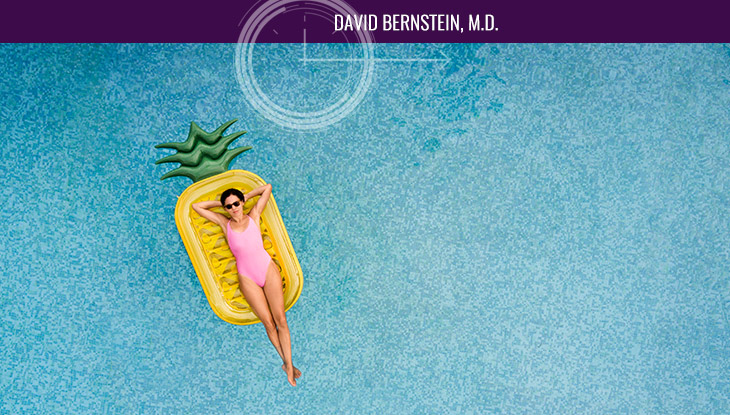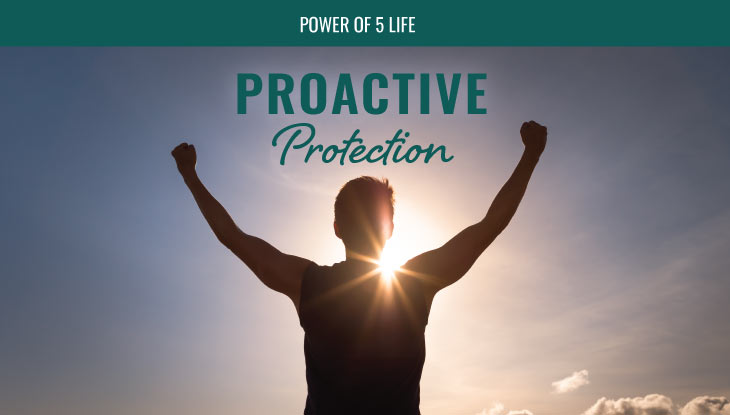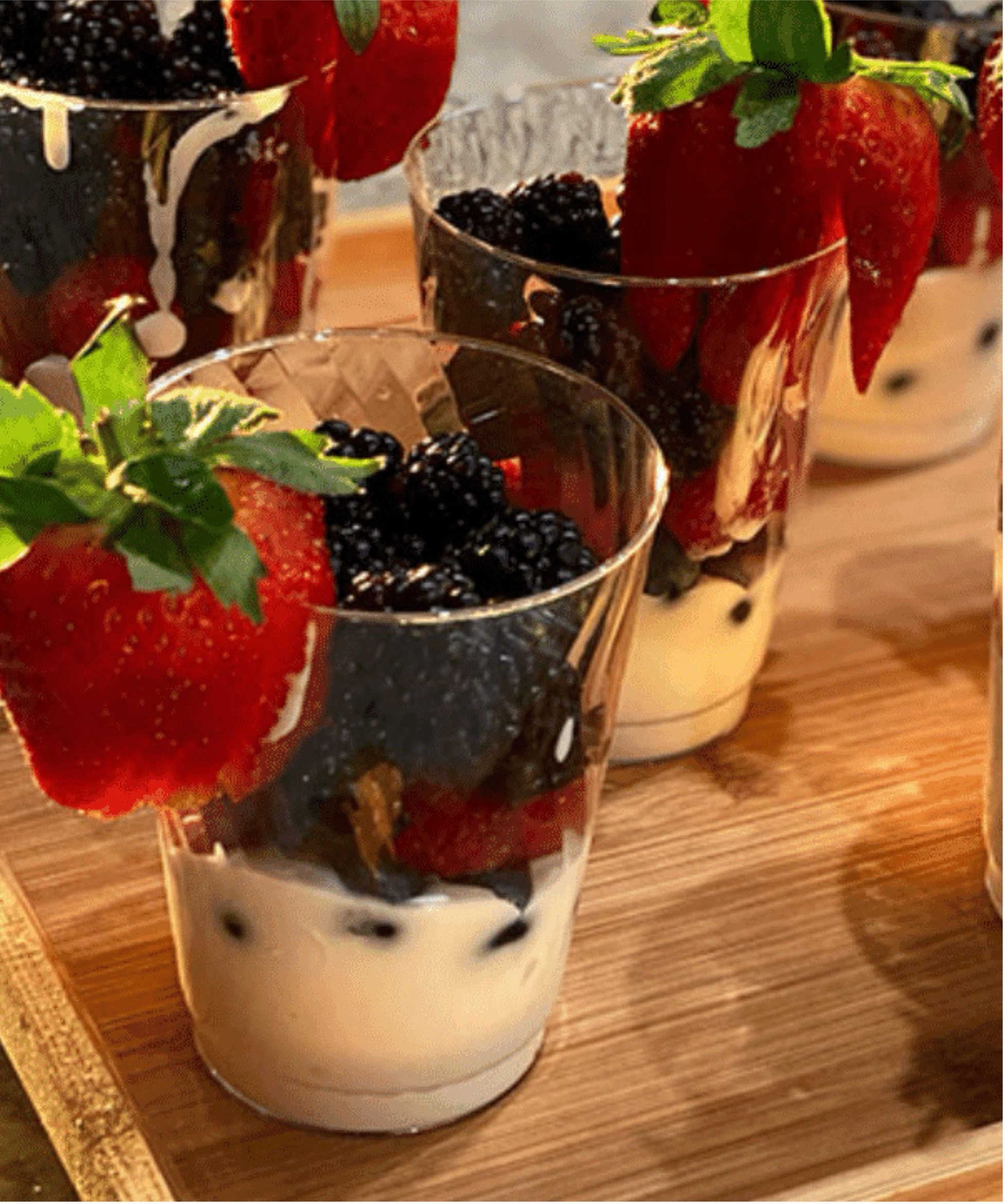Have you encountered a time in your life more stressful than the present?
Who doesn’t feel stress related to work, finances, or their health?
Or, who doesn’t feel stress related to raising your children or caring for aging parents?
As a physician, I observe my patients being inundated with information from the Internet, text messages, and social media; it’s no wonder our society is seeking all kinds of ways to chill out!
As I was anticipating writing this blog, I found myself in our local supermarket buying a card for my wife. As I turned around, I gazed at the rack of magazines and noticed no less than five different covers with large capital letters spelling out “MINDFULNESS,” suggesting to me that the magazine publishers are also aware of the stress our society suffers every day.
From the medical/science perspective, there is clear evidence regarding the negative impact of STRESS.
Acute and chronic stress triggers reactions in our bodies that release neurochemicals and hormones, eliciting increases in heart rate and blood pressure – known promoters of vascular disease and heart attacks. In addition, one of those stress hormones, Cortisol, contributes to the inflammatory reaction our body takes to fight intruders. This hormone can lead to the development of cancer, cardiovascular diseases, and neurodegenerative diseases such as Alzheimer’s disease and Parkinson’s disease.
For the most part, though it may sound simplistic, I advise my patients, friends and family to identify the cause of the stress then find ways to avoid it. It might be to speak up to get something off your chest; or more drastic measures may be to change jobs; or if its a financial stress, analyze and adjust your financial situation in a manner as to reduce the stress it provokes.
What are some of the ways that help you de-stress and get calm?
I often say that the opposite of stress is relaxation. One of the key strategies to get into a more relaxed state is through meditation and/or mindfulness. Yoga, physical activity, or other focused activities are also helpful to reduce stress. Whatever the strategies are, in my next blog, I will address the burgeoning arena of mindfulness and discuss other methods and strategies to apply to your daily routines, helping you reduce stress in your life.
To a long and healthy life,
David Bernstein, MD




